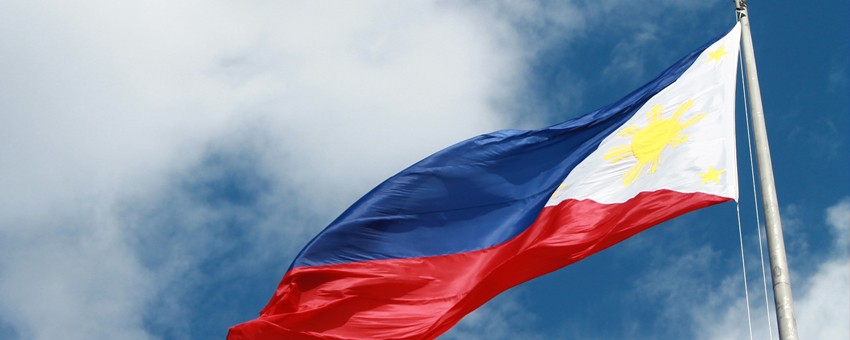
Water and sanitation services are recognized as basic human rights, so we must face the challenges of providing universal access to clean water, Sen. Grace Poe said.
Poe cited the growing population and the need for more water sources as the foremost challenge to providing clean potable water. The senator also underscored the need to make access to water affordable.
"If the population continues to grow while water sources remain constant, we will have a critical national shortage very soon. This is simply the law of supply and demand," said Poe as she spoke before the European Chamber of Commerce of the Philippines on managing the future of water.
In a study done in 2018, data showed that in a total population of 107 million Filipinos, water availability allotted per person is 1,553 cubic meters a year which falls below the international water stress threshold of 1,700 cubic meters a year and is closely approaching the water scarcity threshold of 1,000 cubic meters a year.
"Today, millions of Filipino households still do not have access to safe drinking water nor sanitary toilet facilities. There are also reports of regions that suffer debilitating droughts every year," Poe said.
Another challenge we must face is that water is a single resource with multiple uses that compete with each other, ranging from domestic to municipal and industrial purposes, which is why we find ourselves caught in a cycle of water shortages.
"If our agricultural areas are adversely affected, food security is threatened. If we cannot even wash our hands, how do we win the fight against COVID?" stressed Poe.
Poe said that while there are over 30 government agencies involved from the policy formulation and regulation of water to its supply distribution, it is precisely this fragmentation that negatively impacts the efficiency of the delivery of water and sanitation services.
"While a certain amount of decentralization may be appropriate for an archipelago, the current set-up appears to lack leadership and holistic planning," said Poe who who filed Senate Bill No. 123 or the Water Regulatory Act of 2019 that provides a systematic approach to water resources management by rationalizing the economic as well as administrative regulation of water utilities through an independent, quasi-judicial body called the Water Regulatory Commission.
Should the bill be passed, the new commission will streamline organizational functions and responsibilities where MWSS, NWRB, and LWUA will function under it. It will also enable private sector involvement, the reason why Poe urged tariff regulators to provide a reasonable recovery rate for capital investments.
"We need a determined and effective leadership. Now more than ever, we need political will," said Poe.
Poe also urged the Senate to fast-track the approval of Senate Bill No. 579 that she filed last year. The bill aims to provide a solution to both water shortage and severe flooding caused by land use conversion and deforestation coupled with the lack of retention and detention basins to control flood flows.
"Every rainy season, we suffer from flooding. Every summer, we have droughts. Why has this been going on as a cycle for many years and no one has actually taken the initiative to harness rainwater as a water source?" asked Poe.
"Last year, we experienced a huge water shortage. But we didn't experience it this year because of the pandemic where a lot of establishments and businesses were closed, leaving us with enough water we can use. But once we recover and go back to normal, we might face another water shortage if we still fail to prepare," said Poe.
Source: Senate of the Philippines